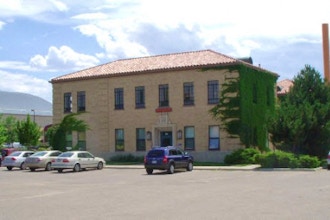Enterprise Linux System Administration
Explore the installation, configuration, and maintenance of Linux systems in this comprehensive course. Gain hands-on experience with topics such as user administration, filesystem management, task automation, software management, and troubleshooting. Supported distributions include Oracle Linux 7, Red Hat Enterprise Linux 7, and SUSE Linux Enterprise 12.
- Intermediate
- 18 and older
- $2,190
- 1624 Market St, Denver, CO
- 40 hours over 5 sessions








.jpg?auto=format%2Cenhance%2Ccompress&crop=entropy&fit=crop&h=220&ixlib=php-1.2.1&q=90&w=330)







